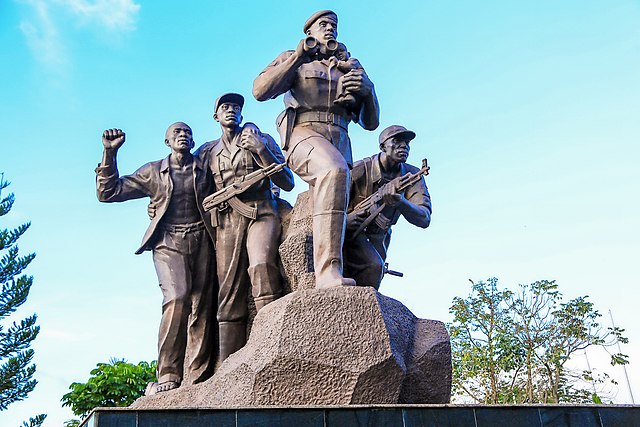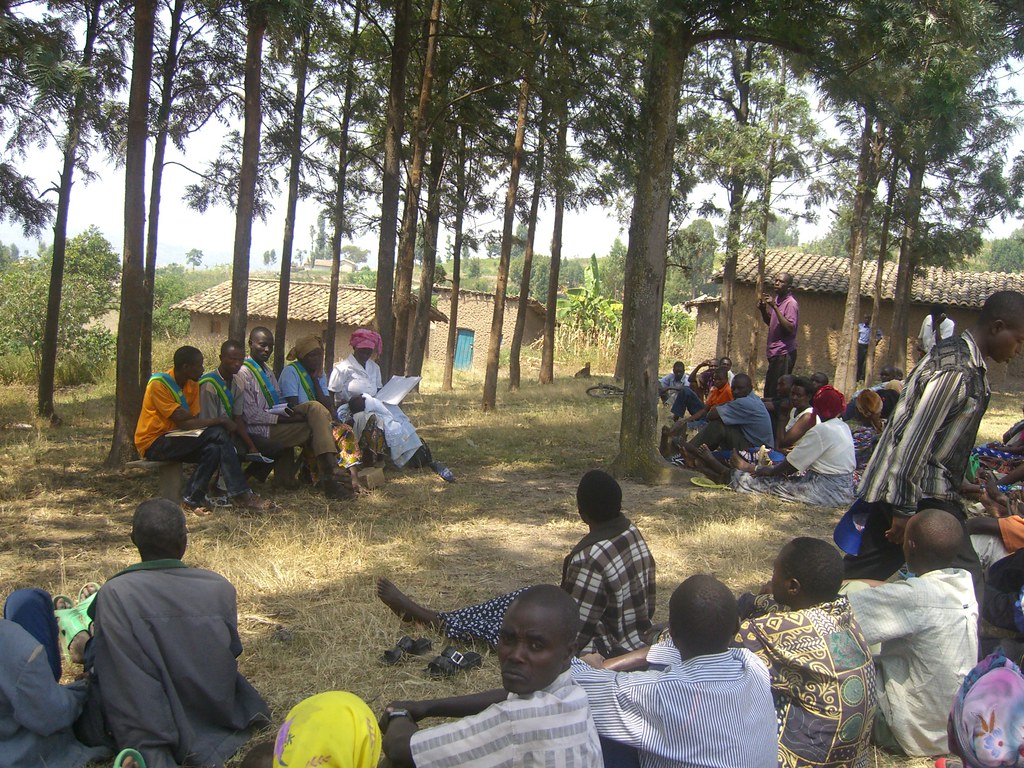You are here
Rwanda Peace Narratives: A Curriculum Toolkit that Challenges American Youth to Create Positive Change
A collection of five lessons that teach about the Rwandan Genocide through the voices of some of its youngest survivors. Includes all materials as well as information regarding how to implement the lessons.Rwandan Genocide

The Kigali Genocide Memorial commemorates the 1994 Rwandan genocide. The remains of over 250,000 people are buried here.
Remembrance

President Kagame, senior Government officials and Rwandan youth participate in the Walk to Remember. Kigali, 9 April 2016.
Resistance

This monument is to symbolize the campaign against genocide. It is a military museum located in Kigali Rwanda.
Survival

The Gacaca courts were presented as a method of transitional justice, claimed by the Rwandan government to promote communal healing and rebuilding in the wake of the Rwandan Genocide. Rwanda has especially focused on community rebuilding placing justice in the hands of trusted citizens.
About this Resource:
Type(s) of Resources:
Primary Source(s):
Grade Level(s):
Audience(s):
Discipline(s):



Connect With Us





